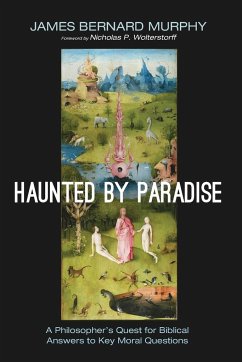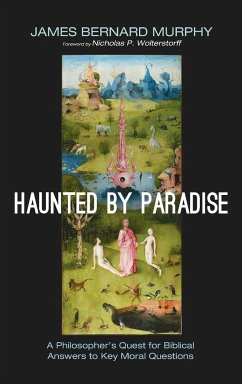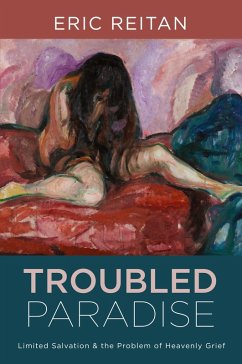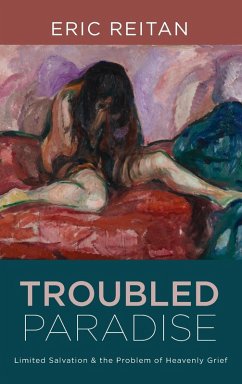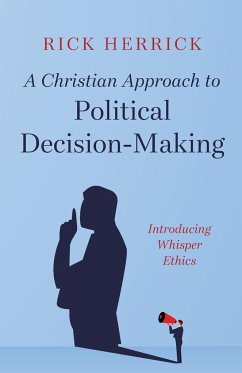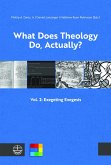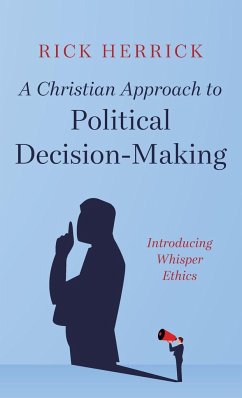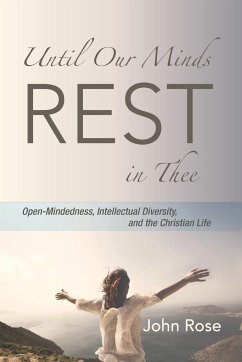The Bible today is weaponized by both liberals and conservatives, each side cherry-picking their favorite verses. Have you ever wondered why the Bible lends itself to supporting contradictory positions in moral debates--why even the devil quotes Scripture? If so, you will enjoy this book. Haunted by Paradise reveals the unity and coherence of the Bible in the light of paradise. The Bible begins in Eden and ends in the new Jerusalem--in between, the Bible is haunted by the memory of paradise lost and the hope for paradise regained. With paradise as the interpretive key, Murphy unlocks biblical ethics. He shows that there is no Old Testament ethics or New Testament ethics--only a unified biblical ethics. In sixteen short chapters, this book addresses urgent moral questions about issues ranging from capital punishment to war, including divine justice, homosexuality, marriage, nature, racism, patriarchy, and work. In each chapter, Murphy shows how the Bible negotiates the tension between divine ideals and human realities.
Hinweis: Dieser Artikel kann nur an eine deutsche Lieferadresse ausgeliefert werden.
Hinweis: Dieser Artikel kann nur an eine deutsche Lieferadresse ausgeliefert werden.

